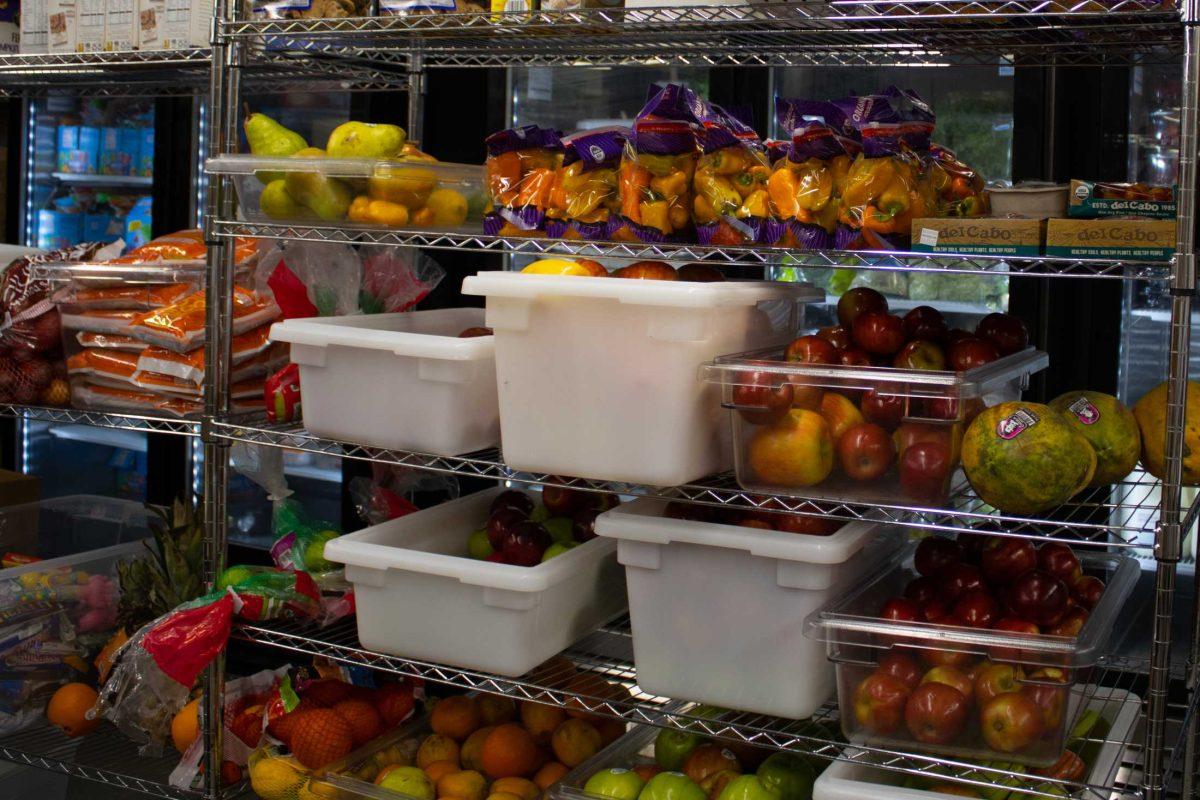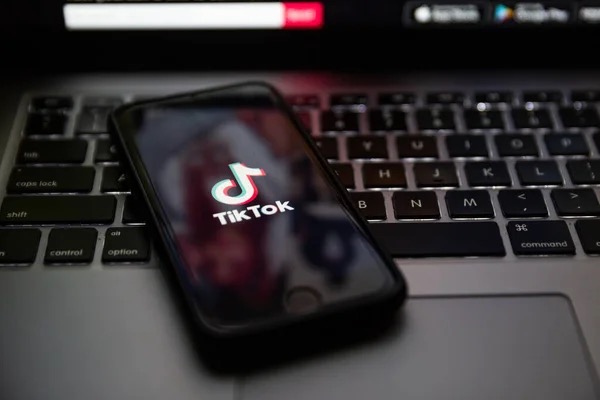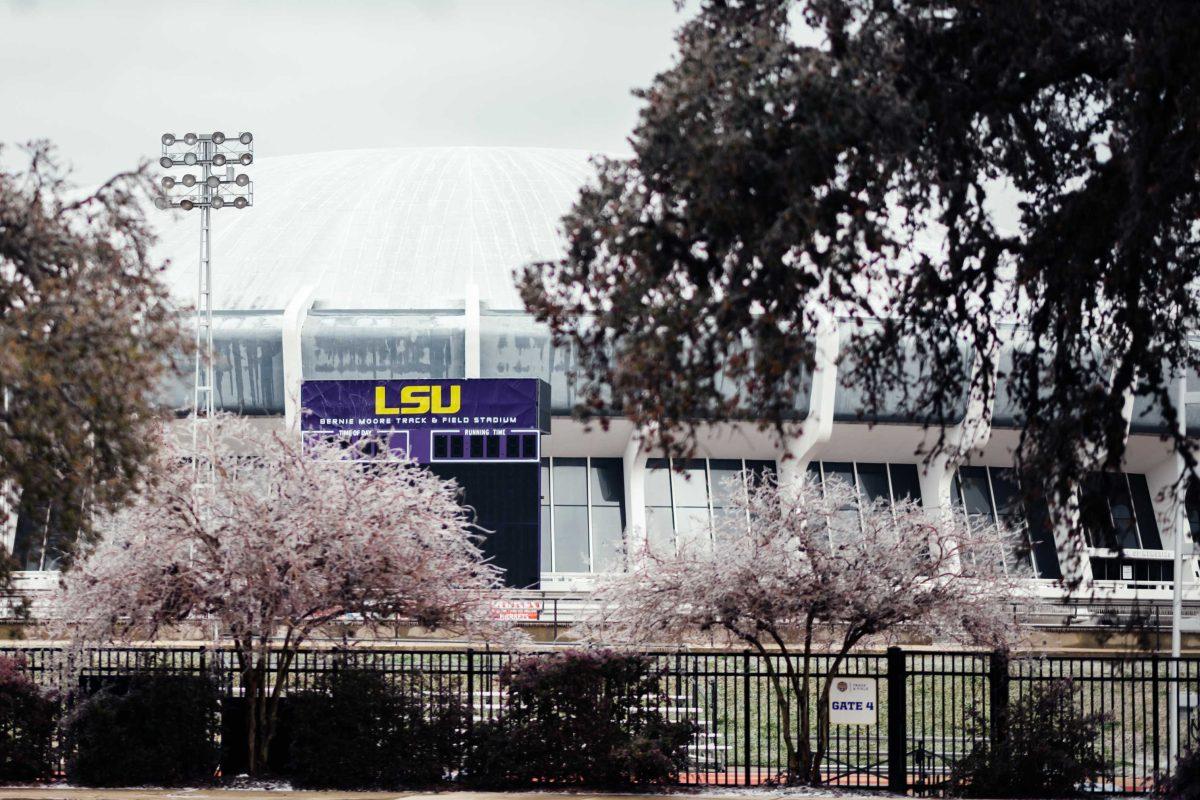Student Government is working to get LSU designated as a Hunger-Free Campus by the state, according to kinesiology senior Evan Antie, director of student auxiliaries and services.
This designation, established in Louisiana House Bill 888, gives grant funding to schools to combat hunger after they’ve met a certain set of standards.
Antie said the standards involve notifying eligible students for the Supplemental Nutrition Assistance Program benefits, establishing a Hunger-Free Campus task force, putting on hunger awareness events, establishing a student meal credit sharing program and establishing a food pantry.
“In Student Government we always are trying to focus on the biggest needs of the students on our campus and try and find ways we can best help fix those issues and fight things such as food insecurity,” Antie said.
SG is working with administration to send emails to students who qualify for SNAP benefits, Antie said. According to her, there are around 2,000 students who qualify for SNAP benefits, meaning their family contributes no money towards their financial situation.
According to political science senior Lizzie Shaw, the student-body president, students were previously unqualified to receive SNAP benefits since its original purpose was to support households, but additional exemptions have been made, many related to the COVID-19 pandemic.
The bill requires the Louisiana Board of Regents to establish an application process for this designation, which has yet to be created, said Shaw.
“We’re hoping that by proactively meeting the designation requirements we can push that application further on the priority list of the Board of Regents,” Shaw said.
Shaw said the state legislature’s bill didn’t specify a funding source, so the exact amount of money schools will receive is undetermined. This should be figured out in the next legislative session, she added.
As of now, no university has been designated a Hunger-Free Campus.
Shaw said SG will be establishing the Hunger-Free Task Force soon, they just need to identify people to serve on it.
According to the bill, the task force is required to have two students hold positions: representatives from both the Division of Student Affairs and the Office of Financial Aid. Per the bill, the task force is also required to meet at least three times per academic year and to set at least two goals.
The bill also requires schools to put on at least one anti-hunger event per academic year. According to the bill, the school will receive this designation for two years, after which the school will be re-evaluated and if they still meet the standards, they will receive more grant money.
Antie said they will be reinstituting the Swipe Out Hunger program, which previously allowed students to donate unused meal swipes to students who need them. Shaw said SG conducted a pilot version of the program in 2021 and it was successful. Antie said this program should be in place sometime in the next few months.
The LSU food pantry provides food to around 1,700 students regularly, according to Antie. The pantry takes donated food and distributes it to students. About 80% of students who use the pantry are having to use that money for other things, such as rent, he said.
“Part of it is just that the area that we’re in, Baton Rouge, and just the amount of students that we have that unfortunately are food insecure, or essentially come from a low-income background, it’s a prevalent issue on campus,” Antie said.








